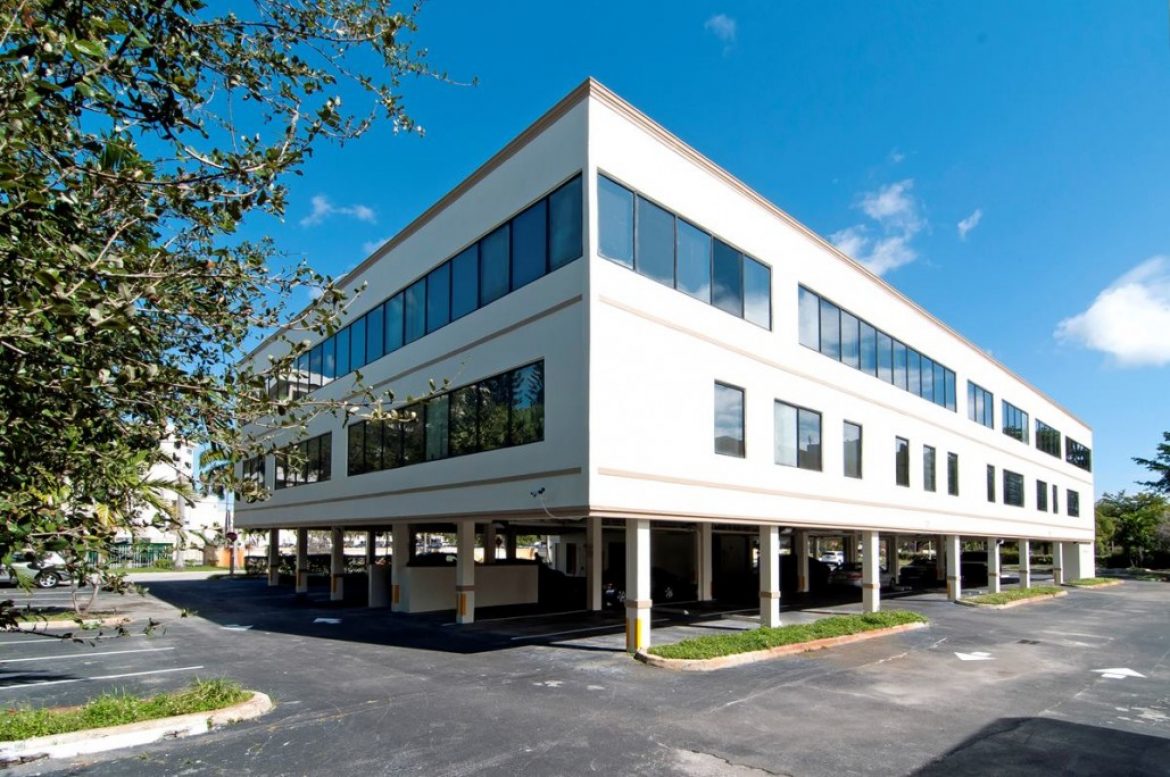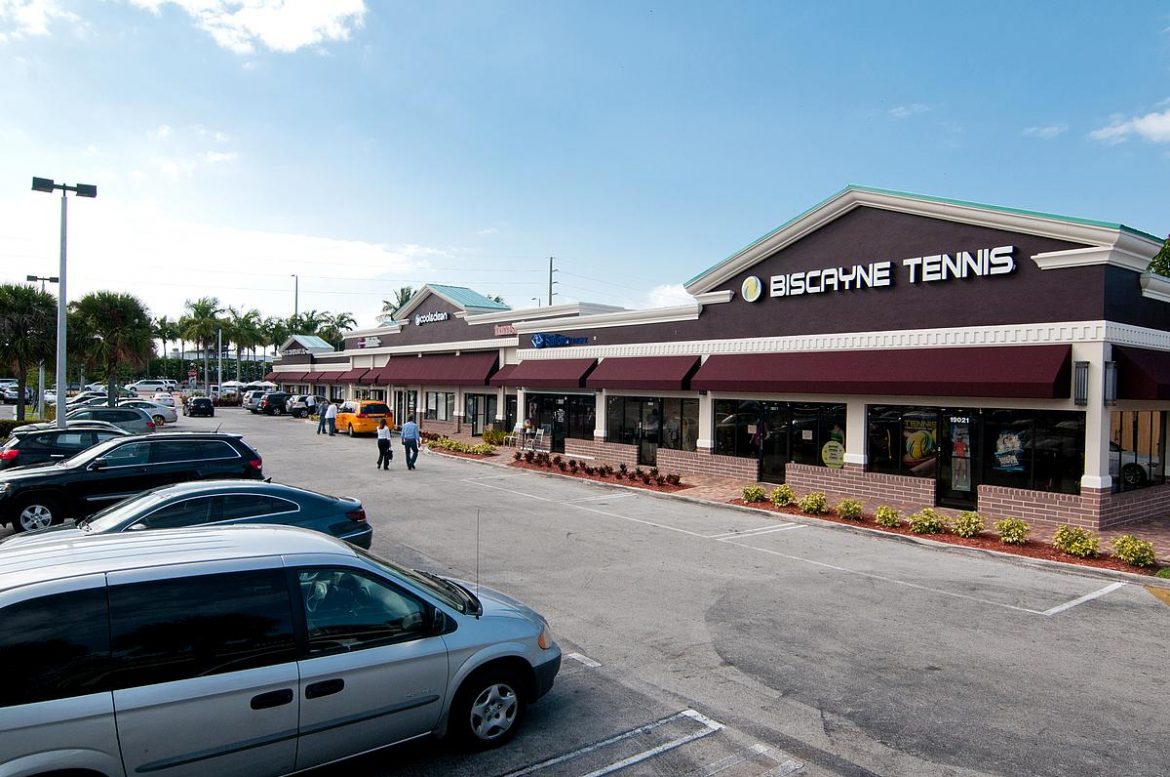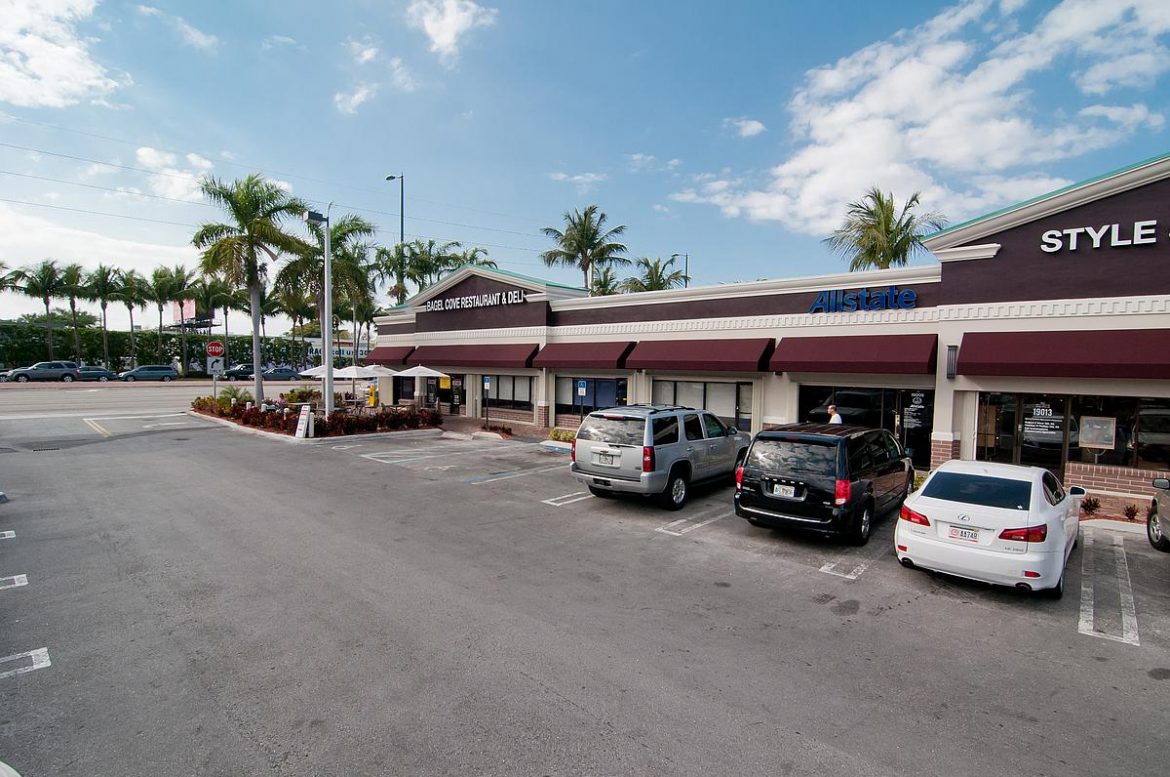Measures to contain the spread of coronavirus are still shifting by the day — and so are responses by investors, developers, builders, banks and buyers. To track the impact in real-time, RE|source Miami is asking area real estate professionals in various sectors for on-the-ground reports.
Today we hear from Michael Comras, president & CEO of the Miami-based Comras Company, which specializes in the development, leasing and sale of urban and suburban retail properties across South Florida.
As a principal in various development entities, Michael has also been involved in shaping retail in high-profile destinations including Coconut Grove, Miami Beach’s Lincoln Road, Design District, Wynwood, and Downtown Miami.
Q: How is the South Florida retail sector coping with the unfolding coronavirus crisis, and the economic slowdown we are experiencing?
In the short term, the market has been significantly impacted due to the government mandates requiring that all restaurants and non-essential retailers close their doors to curb the spread of COVID-19.
As a community, we need to acknowledge the challenging times ahead and recognize that by working collectively we will get through the pain and ensure that the retail and restaurant community lands on its feet. Now more than ever, tenants and landlords need to work in unison toward a common goal: sustaining business and our retail and restaurant economy.
Everything that existed prior to the coronavirus pandemic will exist again, but there is no silver bullet to solve the economic slowdown. The building blocks to recovery will depend on solid relationships and positive collaboration amongst all stakeholders.
Landlords do not want widespread vacancies and tenants want venues where they can grow their business and thrive. Fusing these objectives into a cohesive goal will allow the retail sector to reemerge stronger, faster. In addition, banks and lenders need to work closely with developers and property owners to make sure liquidity continues to flow. State and Federal financial relief will also provide necessary support.
What is the state of construction in Miami-Dade? Are real estate projects still getting built, and have timelines been delayed due to the virus?
The good news is that most construction projects in Miami are making headway and moving forward as planned, to the extent that the work can be completed in a safe manner. Construction firms are following strict guidelines to ensure social distancing inside job sites.
We expect to see delays in lease negotiations and leases that have not been executed. The permitting and approval process required for tenant interior buildouts will also take longer, and projects currently undergoing inspections may lag as there are new restrictions that will limit on-site inspections. In addition, the plan approval process will be extended by cities prohibiting the “walk-through” of plans. A process that provides for a quicker review of buildout plans.
Many retail tenants have shut their businesses. How are you counseling regarding landlords and rent concessions?
Communication is key. There is no one-size-fits-all strategy to resolve these issues. Every landlord has a unique relationship with their tenants and the parties must openly communicate to arrive at a sustainable solution that can work for both sides.
Local retailers and restaurateurs are integral to the fabric of our community and, unfortunately, they are the ones being most affected. In the spirit of working through a difficult time, all sides must be honest and transparent. Often, landlords are not privy to tenant sales figures, which is the main indicator of how a business has been performing. It will be important for tenants and landlords to look at the sales trends prior to the crisis to strategize towards a successful resolution.
Access to information can help guide landlords when evaluating potential rent concessions for their tenants. Solutions may include rent abatement, deferrals or other payment structures that allow both the tenant and landlord to navigate this hardship and remain open for business.
Do you anticipate that this outbreak will have a long-term, lasting impact on the way real estate projects are planned and designed?
Prior to COVID-19, retail was already going through a major transition, becoming more experiential and interactive. This will only become further pronounced as we emerge from this pandemic. At the same time, people are becoming even more accustomed to ordering goods online – since they have no other option at this time – and this could have a ripple effect on select brick-and-mortar businesses. Retailers will need to continue to improve their business’s online capabilities.
Miami is a unique “city of villages”, a series of walkable destinations such as The Miami Design District, Wynwood, Miami Beach, Brickell, Coconut Grove, Downtown Miami and South Miami. Connectivity, walkability, and revitalization will continue to fuel our local real estate economy. As human beings, we are social creatures who thrive on congregating and being a part of something greater than ourselves. Experiential retail will perfectly align with the pent-up demand people will have to enjoy experiences from dining and shopping to family entertainment once these stay-at-home measures are lifted.
There is no city as resilient as Miami. We’ve endured natural disasters with devastating hurricanes, deadly diseases with Zika and H1N1, and now the novel coronavirus – but with each setback we’ve come back stronger and have continued to thrive. This is a serious crisis that we will overcome. By supporting one another and working together, we will once again come out on top.
Source: Miami Herald





